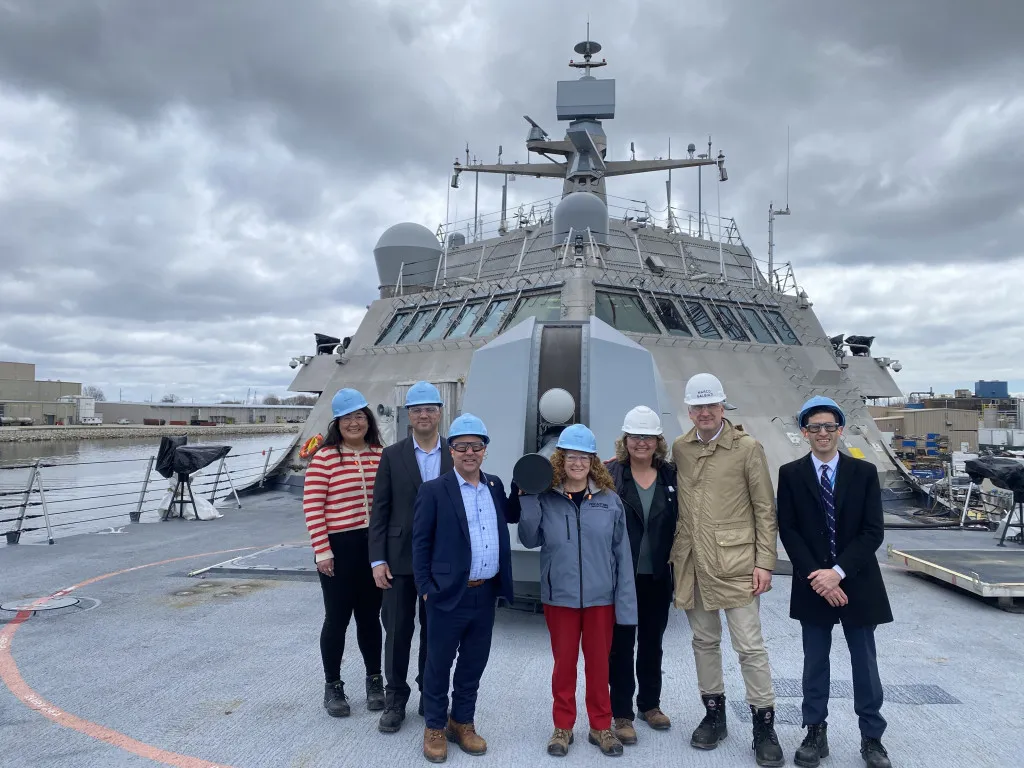Researchers from the University of Wisconsin-Madison, including Michael A. Boateng, Russell Bent, Sidhant Misra, Parikshit Pareek, Pascal Van Hentenryck, and Daniel Molzahn, have developed a unified pipeline to address a critical challenge in power system operations: the feasibility of DC Optimal Power Flow (DCOPF) dispatches under practical AC power flow (ACPF) conditions. Their work aims to bridge the gap between the simplified DCOPF models widely used in the industry and the more complex, real-world AC power flow equations.
The team’s research focuses on the inherent limitations of DCOPF, which, despite its computational efficiency and simplicity, often produces dispatches that are infeasible when applied to real-world scenarios governed by nonlinear ACPF equations. While theoretical analysis has shown that DCOPF solutions are prone to being AC-infeasible, their widespread adoption in the industry underscores their practical utility. The researchers developed a pipeline that integrates four DCOPF variants with AC feasibility recovery methods, including distributed slack allocation and PV/PQ switching. This approach aims to recover AC feasible solutions from DCOPF-based dispatches, ensuring that the solutions comply with both the ACPF equations and all relevant engineering constraints.
The pipeline was evaluated across over 10,000 dispatch scenarios using various test cases. The results demonstrated that the structured ACPF model successfully yields solutions that satisfy both the ACPF equations and all engineering inequality constraints. Notably, in a 13,659 bus case, the mean absolute error and cost differences between DCOPF and ACOPF were reduced by 75% and 93%, respectively, compared to conventional single slack bus methods. Under extreme loading conditions, the pipeline significantly reduced inequality constraint violations by a factor of 3 to 5, highlighting its robustness and effectiveness.
This research is poised to have substantial implications for the marine sector, particularly in the context of maritime electrification and the integration of renewable energy sources into power systems for ships and coastal infrastructure. As the maritime industry increasingly adopts advanced power management systems, ensuring the feasibility of power flow solutions becomes crucial. The pipeline developed by the researchers offers a practical solution to enhance the reliability and efficiency of power distribution in maritime environments, where operational constraints and extreme conditions are common.
By providing a method to recover AC feasible solutions from DCOPF dispatches, this research paves the way for more robust and efficient power system operations in the marine sector. The ability to reduce errors and cost differences significantly while maintaining compliance with engineering constraints underlines the potential of this approach to support the maritime industry’s transition towards more sustainable and reliable power management practices. Read the original research paper here.

